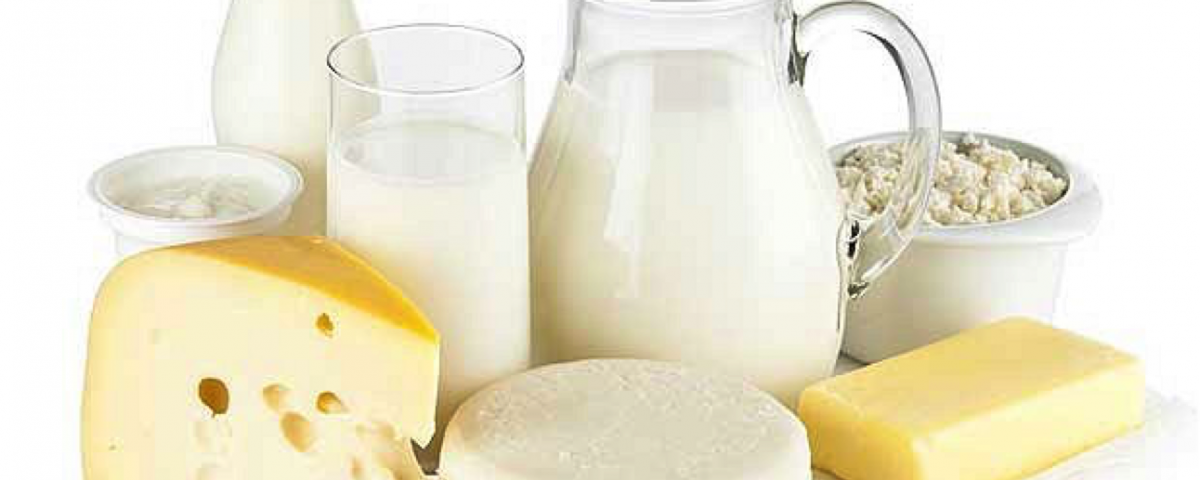It might sound like a simple question, but the answer is far from simple. There is no debate that dairy foods can cause digestive symptoms for some – but what if they do not? Does that mean that you should be including dairy in your diet and does that mean that dairy is inherently good for you? Let’s go deep into the science to help your diet.
- Have any questions?
- 480-767-9018
- support@in-goodhealth.com

How Do You Know If Your Olive Oil Is Real?
April 14, 2017
How To Heal Your Adrenals To Avoid Metabolic Syndrome
April 27, 2017
How Do You Know If Your Olive Oil Is Real?
April 14, 2017
How To Heal Your Adrenals To Avoid Metabolic Syndrome
April 27, 2017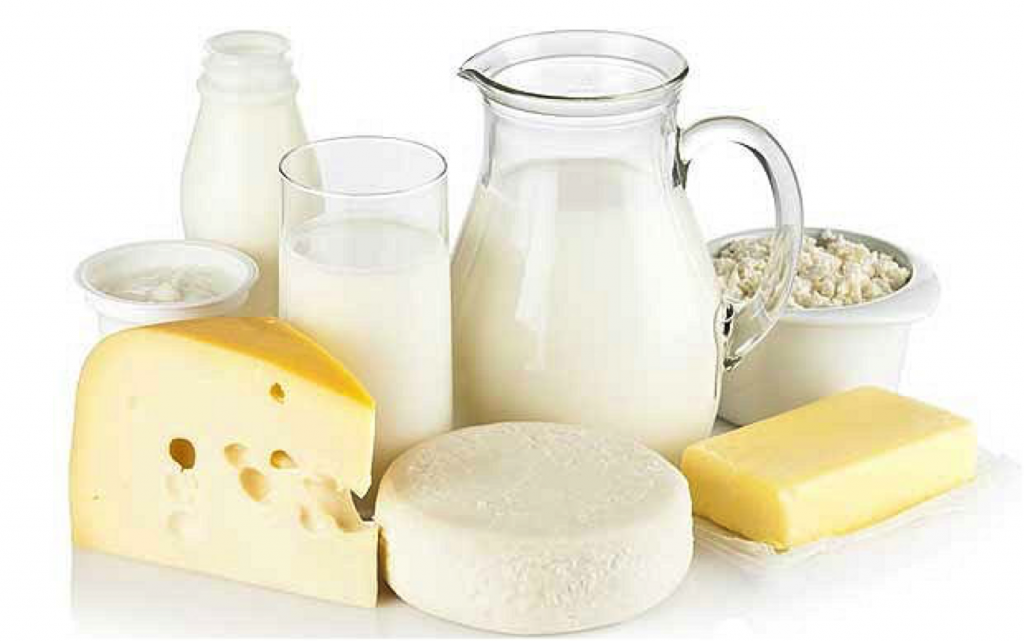
Dairy Foods
When it comes to dairy foods, and foods in general, there are many foods that are inherently harmful and are good to avoid across the board. The kinds of foods I am thinking of here include processed chemicals and preservatives. It is best that we steer clear of those altogether.
There are also times, though, when the immune system reacts badly to a food and, in turn, harms the body. This is the case for food reactions and sensitivities. Some of these reactions, like wheat for those with celiac, are hardwired into the body and will likely never change.
Others can be a function of the overall health of the intestinal tract and the immune system, and may get better or worse over time. Dairy and eggs are often examples of this phenomenon.

In Conclusion: What if you have healed up and are no longer reacting to dairy foods? Should you still be avoiding them, or should you try to add them back into your diet? In this article, I will talk about cow’s milk products specifically. Some think of eggs as dairy products, but we will talk about them in a future article. For now, it is all about the cows!
My Story
As a kid, I was allergic to absolutely everything. I actually had a skin allergy test done when I was about five, and I was found to be allergic to over 90% of the tested foods – and all animals with hair and feathers.
My parents did their absolute best to help me. We lived in such a small town, they had to drive over an hour each week for my allergy shots – which I had to do for a few years. I remember after the testing was done mom got home and looked at the list of foods I had to avoid. She did not say this at the time, but I think she decided it was not possible to really cut all those foods out and still feed me.
Even nowadays, with places like Whole Foods and hypoallergenic cookbooks galore, it can be a daunting task to make radical dietary changes.
I knew that milk immediately gave me an upset stomach, so I avoided it starting at about 10 years of age. I did not cut out dairy immediately during my first phase of diet modification at age 12, but I did during my second phase when I was 18 and read “Fit For Life.”
Over two dozen food allergy tests on myself, from various companies, within the first year of practice. I had a pretty clear sense of which foods I did well with and which ones I did not, so I was a good guinea pig to see how accurate various lab tests were.
My intent was to see which tests were the most helpful for my patients, but as a side benefit I got more confirmation on my own reactions. Dairy foods kept coming back as the most consistently reactive of all foods I had tested on myself.
I always felt that it would be healthier if I could heal my digestive tract so I could tolerate a broader range of foods. Mind you, there are some foods that all of us are better off avoiding long-term. This would include:
- Processed sugar
- Artificial colors
- Flavors
- Preservatives
- Many other random chemicals (that are often passed off as food)
After seeing success reversing food allergies in my patients for many years, I finally realized I should do the same for myself. It worked, and my tests started coming back non-reactive.
Here’s how I did it. From doing tests and working with patients, I learned that before healing their intestinal tracts, the vast majority of people did have reactions to dairy. Immune reaction against dairy can be one of the chronic stressors that keeps cortisol levels abnormal for many people.
In Conclusion: What do you do after you are healed? If dairy foods are no longer triggering an immune response are they good for you? The short answer is: sometimes! So, with that in mind, let’s get into specifics.

What goes into dairy foods?
In order to understand whether or not we should be including dairy foods into our diet, we are going to start with a deep dive into what is actually in these products to begin with:
- Lactose – First and foremost, you have a carbohydrate known as lactose. Lactose is actually called a disaccharide, which means that lactose is glucose and galactose – the two of them paired together. Most adults do not have the enzyme to actually break lactose apart, so it actually will sit in our gut and cause all of that discomfort that we might be oh so familiar with in our lives.
- Casein – Then we have casein, which is one of the two proteins found in dairy. Oddly enough, casein is also what you need to make wood glue – it is a binding protein!
- Whey – There is also whey, which is the watery protein.
- Dairy Fat – Then there is dairy fat, which we can find in butter (Read: Is butter back?), cheese, whole milk and other products.
When I was writing the Adrenal Reset Diet, I actually left dairy out – and that was intentional. There are a high number of people who have cortisol abnormalities, and who have chronic inflammation driving those abnormalities. Dairy almost always ended up being a key food intolerance that could potentially cause this inflammation.
Oftentimes, just taking dairy out would plummet the inflammatory load that the body might have been carrying at the time. That was a critical step in healing the cortisol, which was taking away the inflammation causing those problems.
Key Insight: It’s true, many who are saddled with chronic illness are often struggling with dairy intolerances. The weight of inflammation on the body, due to these intolerances, can often get in the way of your body’s ability to manage immunity and overall health.
Your Thyroid & Dairy
In the case of thyroid disease, here are a couple of considerations that you need to make:
Hashimoto’s
People with hashimoto’s are more sensitive to a higher intake of iodine, and dairy just happens to be one of the highest sources of available iodine that we can find1. Too much of this can be a trigger for Hashimoto’s disease.
Key Insight: Taking thyroid medications with dairy is a bad idea, the dairy actually prevents the absorption of the medications into your system.
The wrinkle in all of this is that if you’re on thyroid medication, you’re already getting a good amount of iodine. Adding milk to that equation can actually push you well over the edge2, which is not something that we want to happen.
In Conclusion: If you have Hashimoto’s and your iodine intake is not too high, dairy can be fine. So, it’s important to learn everything you can about the role iodine plays in your health (Read: Why I discourage high dose iodine).
Adrenals
I mentioned before about the inflammatory cycle that occurs when you are getting too much dairy in your diet – the same applies for our adrenals. If your body and your intestinal tract is carrying too much inflammation, your body is going to be juggling cortisol to deal with that – which ultimately leads to abnormalities.
Dairy & Human Health
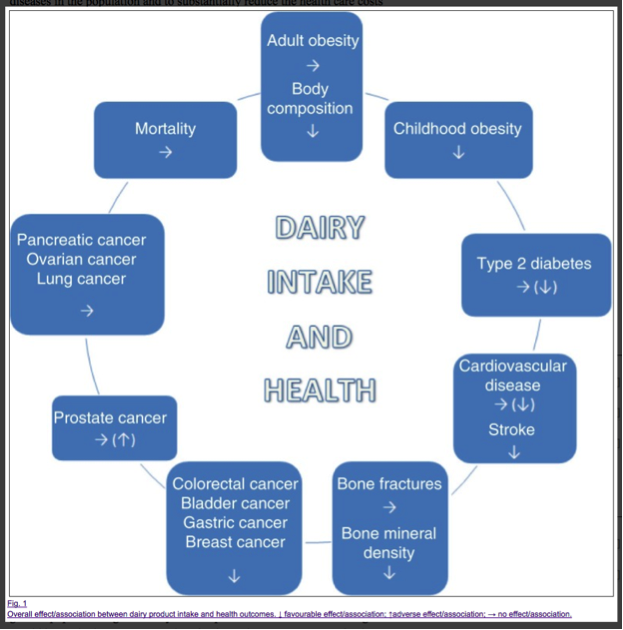
As we can see from the diagram above, there are a lot of benefits (and a lot of indifferences) when it comes to dairy intake and our overall health. While it might reduce the risk of childhood obesity, cardiovascular disease, stroke, and certain cancers, the data is less clear on topics like general mortality, adult obesity, pancreatic cancer, prostate cancer and bone fractures.
So, until this point we have talked a lot about dairy for those who are currently dealing with sensitivities and intolerances, but what about the totality of the research? Studies have been done which can give us a big picture understanding of how dairy plays a role in our overall health3 and we cannot ignore that. Here’s what we should consider:
- Body Composition – not weight, but body fat versus lean body mass. Dairy foods have actually been shown to benefit body composition in many patients4.
- Bone Density – bone density scores are also known to be better for those who have more dairy in their diet. However, dairy foods have not been shown to help those looking to avoid hip fractures5.
- Cancer Risks – consuming more dairy actually leads to lowering your risk of colorectal, gastric, bladder and breast cancer6 – while the data is mixed about prostate cancer, specifically7.
Autoimmunity
While there is no direct information, we might be able to understand that there is an autoimmune risk due to the environmental estrogens we might be able to find in dairy, meat and eggs8.
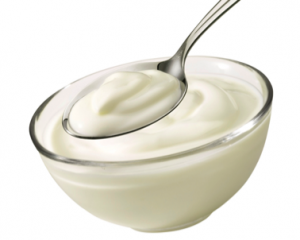
Yogurt
Yogurt has the unique benefit of being able to reduce chronic infections such as h.pylori9. It can also help:
- Decrease allergic responses
- Lower cancer risks
- Improve digestive health
- Improve gut flora
How do you know if you are reactive to dairy?
At this point, you might be wondering how you know if you are reactive to dairy products. Here are some of the most common ways you might find yourself feeling reactive:
- Lactose Intolerance: having symptoms minutes to a few hours after milk or ice cream.
- Casein or Whey Intolerance: having symptoms minutes or days after consuming any version of dairy.
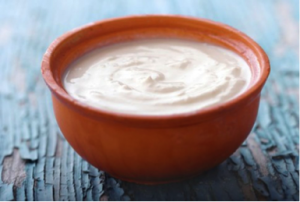
Some of the symptoms might include:
- Gas
- Bloating
- Joint pain
- Headaches
- Rash
This is what you need to do (as I always say – don’t guess, test!):
- Skin tests (which will only show immediate IgE reactions)
- Blood tests
Key Insight: The best tests for dairy intolerances check both IgE and IgG. It may also take several months to become negative for those who were once reactive.
Looking to make yourself nonreactive? The fix is easy and it can be totally natural, all you have to do is read one of my latest articles on healing your food intolerances naturally (Read: How to heal food intolerances naturally ).
What do you do if you are reactive and cannot become non-reactive?
If you feel like you are remaining reactive to dairy products, make sure you avoid them, and make up for it with:
- Calcium – I prefer dicalcium malate (Read: Multivitamins, the important of calcium)
- Vitamin D – I have also talked at length about vitamin D and how much you should be taking (Read: How much vitamin D should you take)
- Protein – lacking in plant-based dairy substitutes like coconut, soy, almond milks
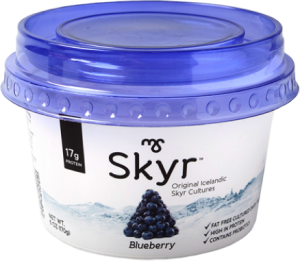
The Best Types of Dairy if You Are Not Reactive
If you have no dairy reactions, low-fat high-protein cultured dairy can be a positive source of dietary protein, calcium, and vitamin D. The best examples of these are non-fat, unsweetened yogurts. The first two that come to mind are:
- Greek Yogurt
- Kefir
- Sigg (or Skyr) Icelandic Yogurt – which is actually higher in protein and lower in lactose
Speaking of Icelandic yogurt, if you have not had the chance to try it yet you need to give it a shot. This is one of my new favorite things. You know how Greek yogurt is like yogurt, but with more of the water strained out? Sigg is even more strained – it is thicker in texture and has the highest in protein per serving (28 grams).
There is also something I recently came across called the A2 milk company10. They started in Australia – which is my new favorite home away from home – and today you can find them in many larger health food supermarkets. In Arizona, our Sprouts Farmer’s market and Whole Foods both stock A2 milk.
Why does protein matter? That is something I have definitely talked about before and I recommend that you check it out for yourself (Read: How much protein is best for weight loss ).
If you’re on the adrenal reset diet for maintenance, you are thriving, and you are not reactive to dairy, consider non-fat unsweetened Icelandic or Greek yogurt as another protein option.
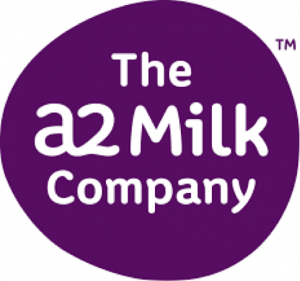
Key Insight: Other dairy foods are often not as good of a fit because they are high in non-essential fats or dairy sugars.
The only thing we might want to think differently about, is for males who have a high risk for prostate cancer. For that group, I would consider not exceeding 3 servings daily, due to those possible risks.
In Conclusion: We want to think of dairy as a possible protein source, when things are good, and especially those concentrated versions of yogurt. A few times per week is ideal.
Understanding Your Thyroid
Now that we have dug through the real science about dairy, it might be time for you to learn a little bit more about your body while you are here. How much do you know about your thyroid? Take the thyroid quiz today, and learn more about how your body is feeling – and how you might be able to heal it if things do not feel as good as they should.
1 – https://www.ncbi.nlm.nih.gov/pubmed/22728345
2 – https://www.ncbi.nlm.nih.gov/pubmed/21528820
3 – https://www.ncbi.nlm.nih.gov/pmc/articles/PMC5122229/
4 – https://www.ncbi.nlm.nih.gov/pmc/articles/PMC4911011/
5 – https://www.bmj.com/content/349/bmj.g6015
6 – https://academic.oup.com/annonc/article/23/1/37/163313/Dairy-products-and-colorectal-cancer-risk-a
7 – https://ajcn.nutrition.org/content/101/1/87.long
8 – https://www.ncbi.nlm.nih.gov/pubmed/22172713
9 – https://www.ncbi.nlm.nih.gov/pubmed/22280243
10 – https://thea2milkcompany.com/

P.S. Whenever you are ready, here is how I can help you now:
- Schedule a Thyroid Second Opinion with me, Dr. C, Click Here for Details
- Need help to choose supplements? Click ‘Help Me Decide Here'
- Get my top books Here
Dr. Alan Glen Christianson (Dr. C) is a Naturopathic Endocrinologist and the author of The NY Times bestselling Hormone Healing Cookbook, The Metabolism Reset Diet, and The Thyroid Reset Diet.
Dr. C’s gift for figuring out what works has helped hundreds of thousands reverse thyroid disease, heal their adrenals, and lose weight naturally. Learn more about the surprising story that started his quest.


